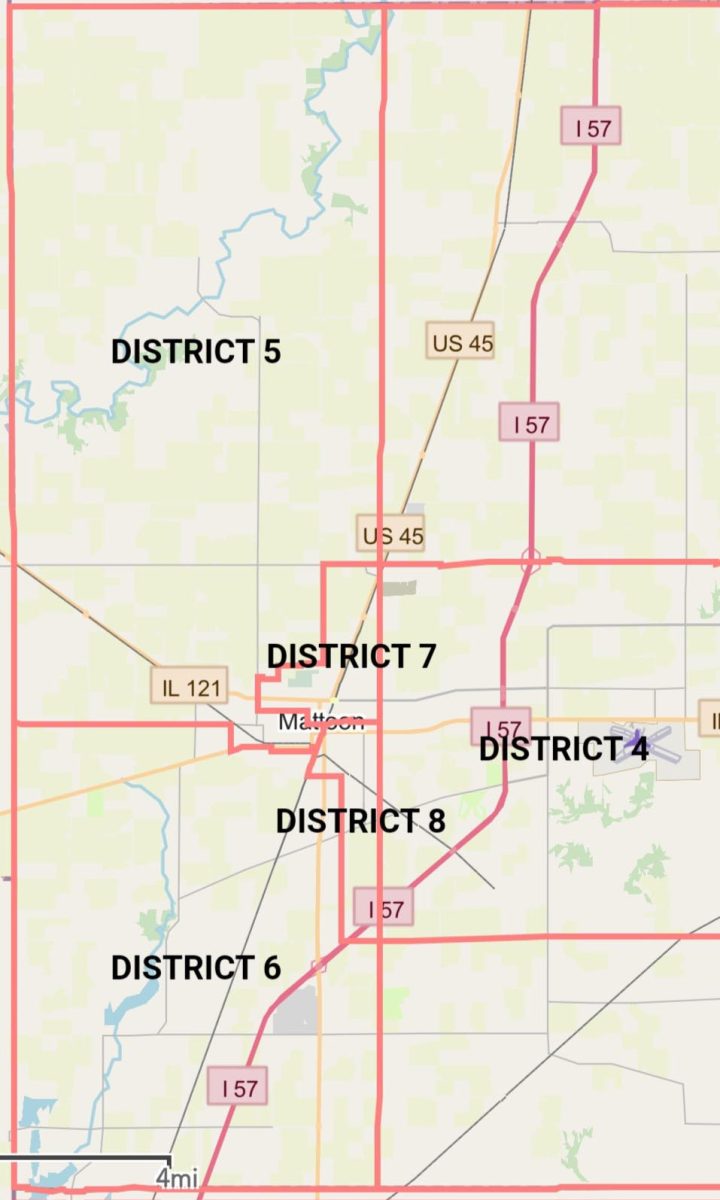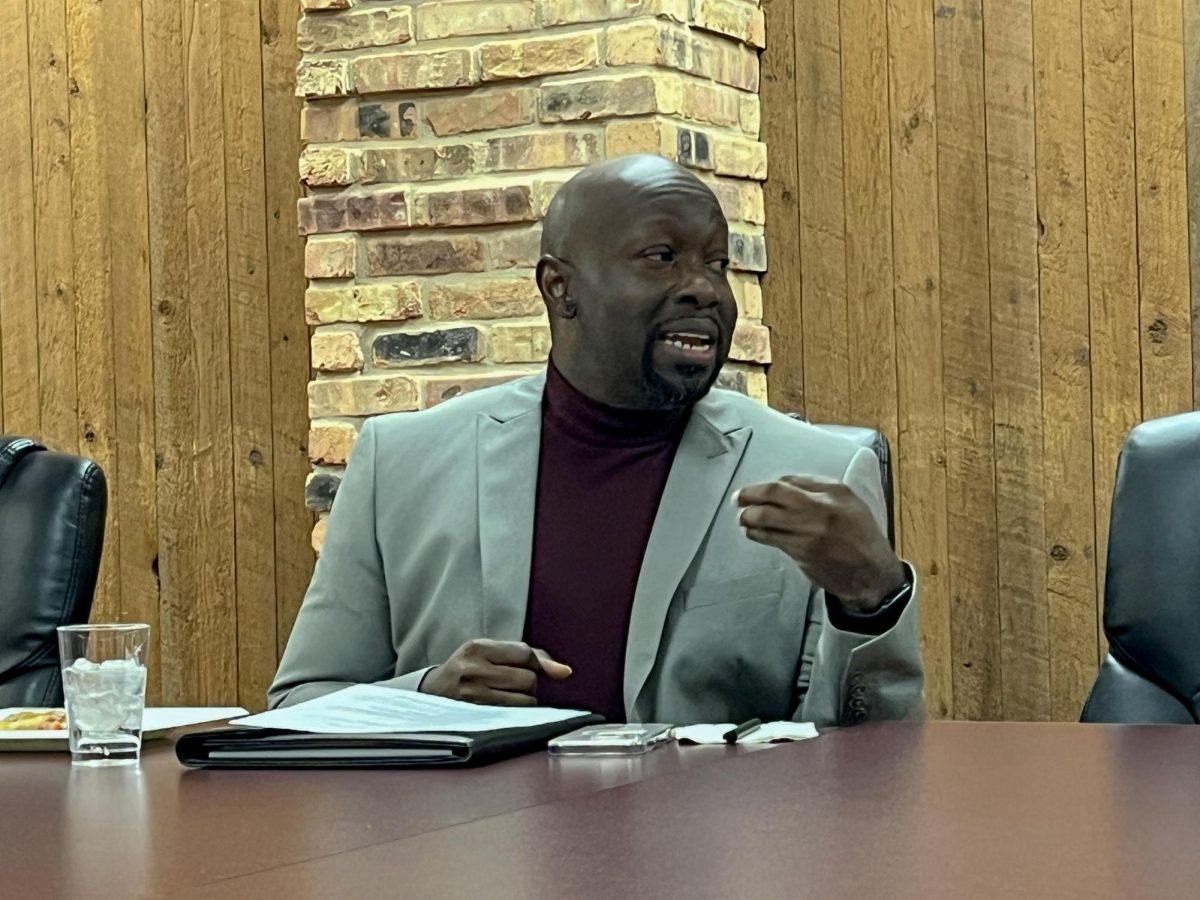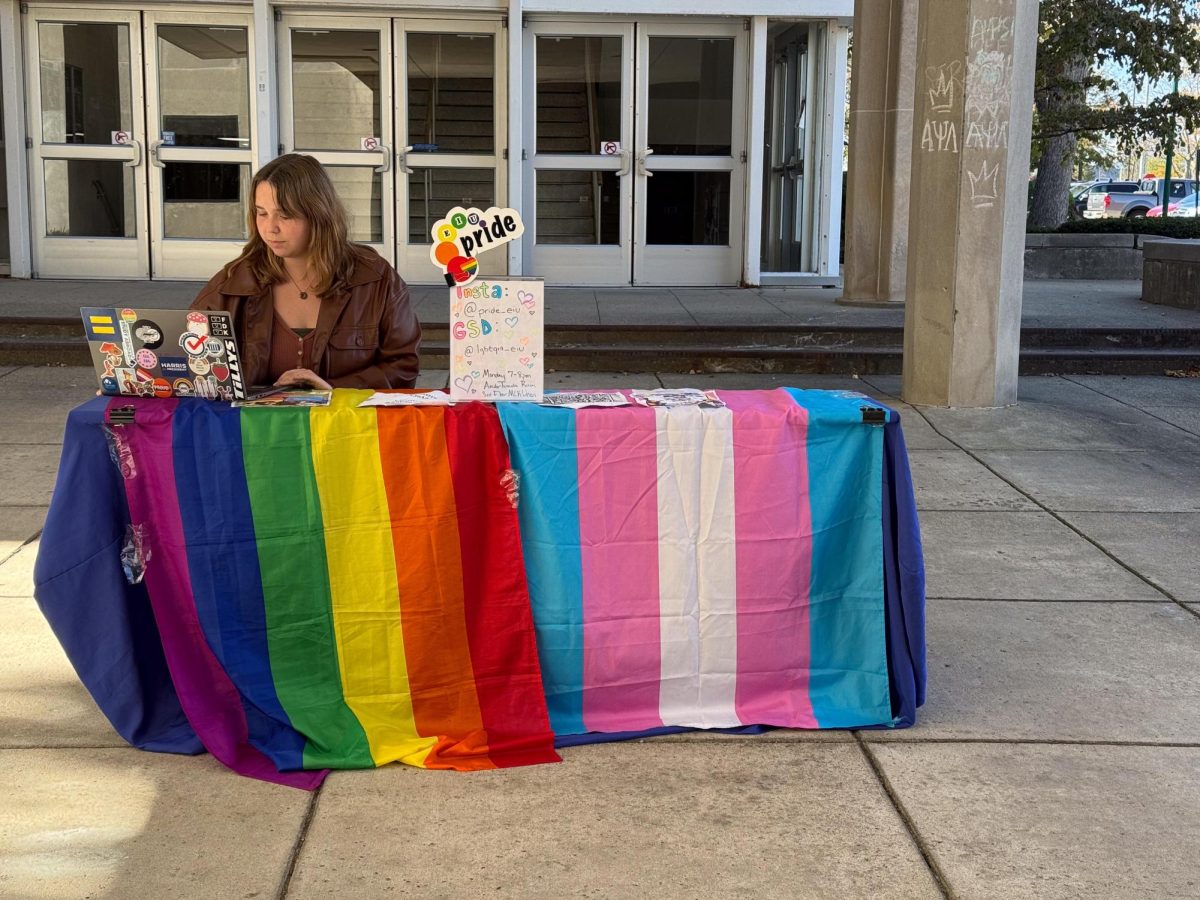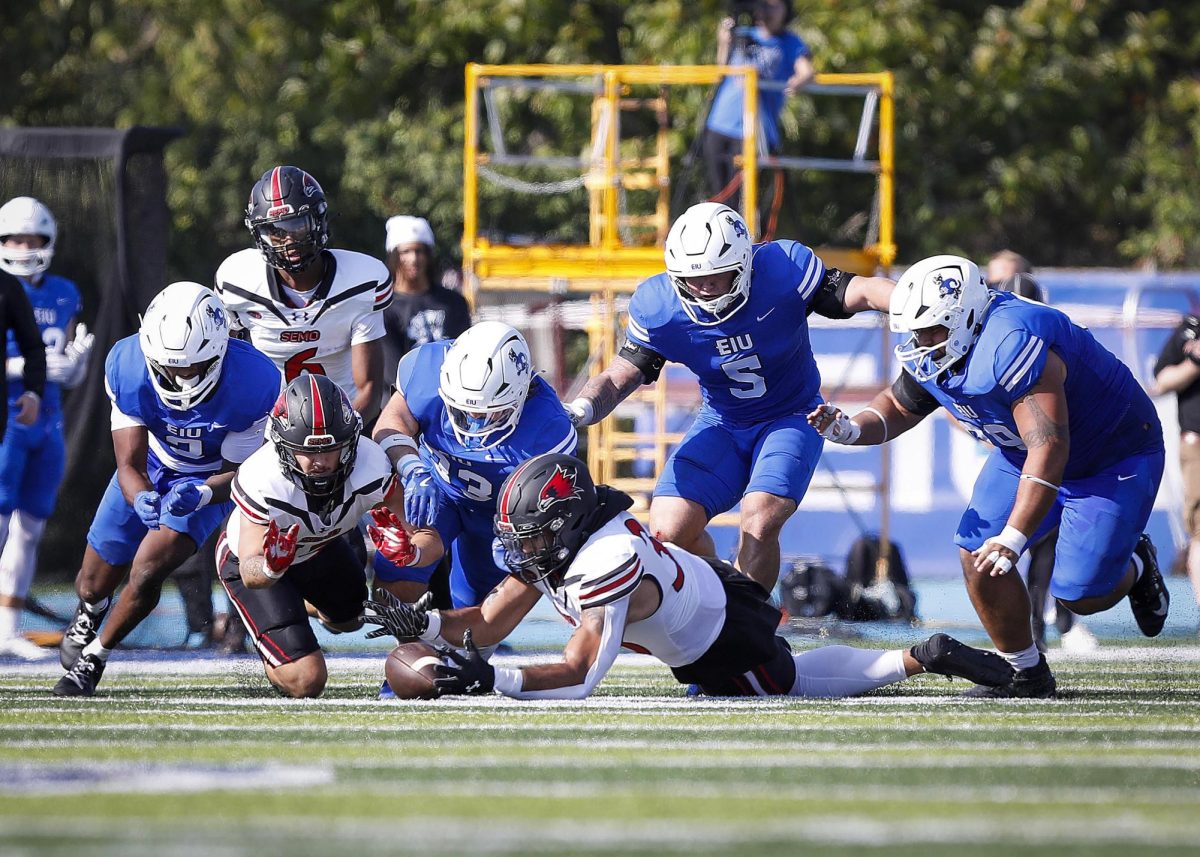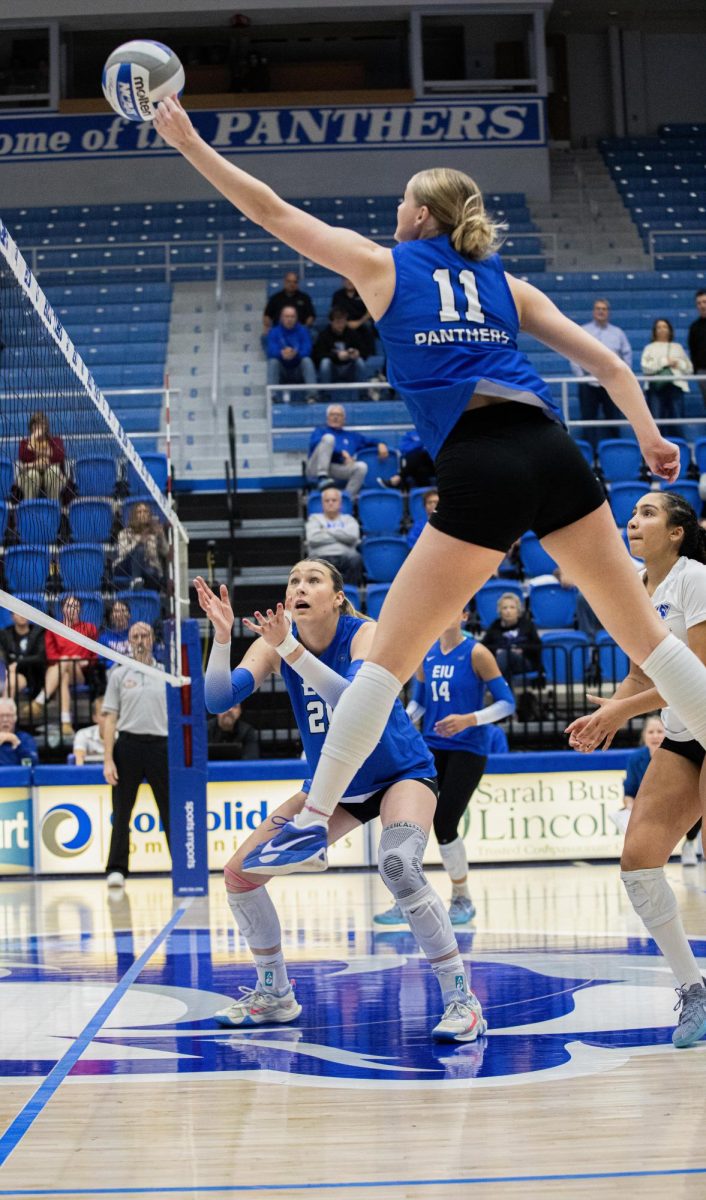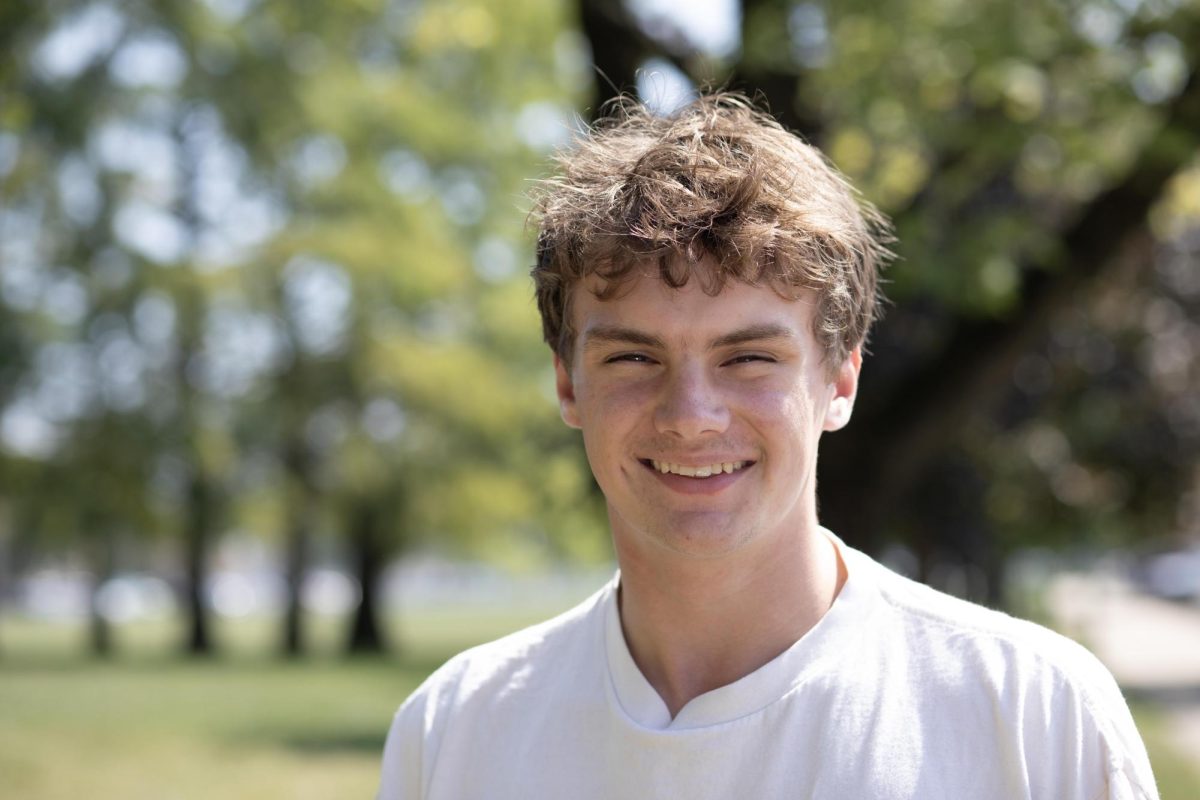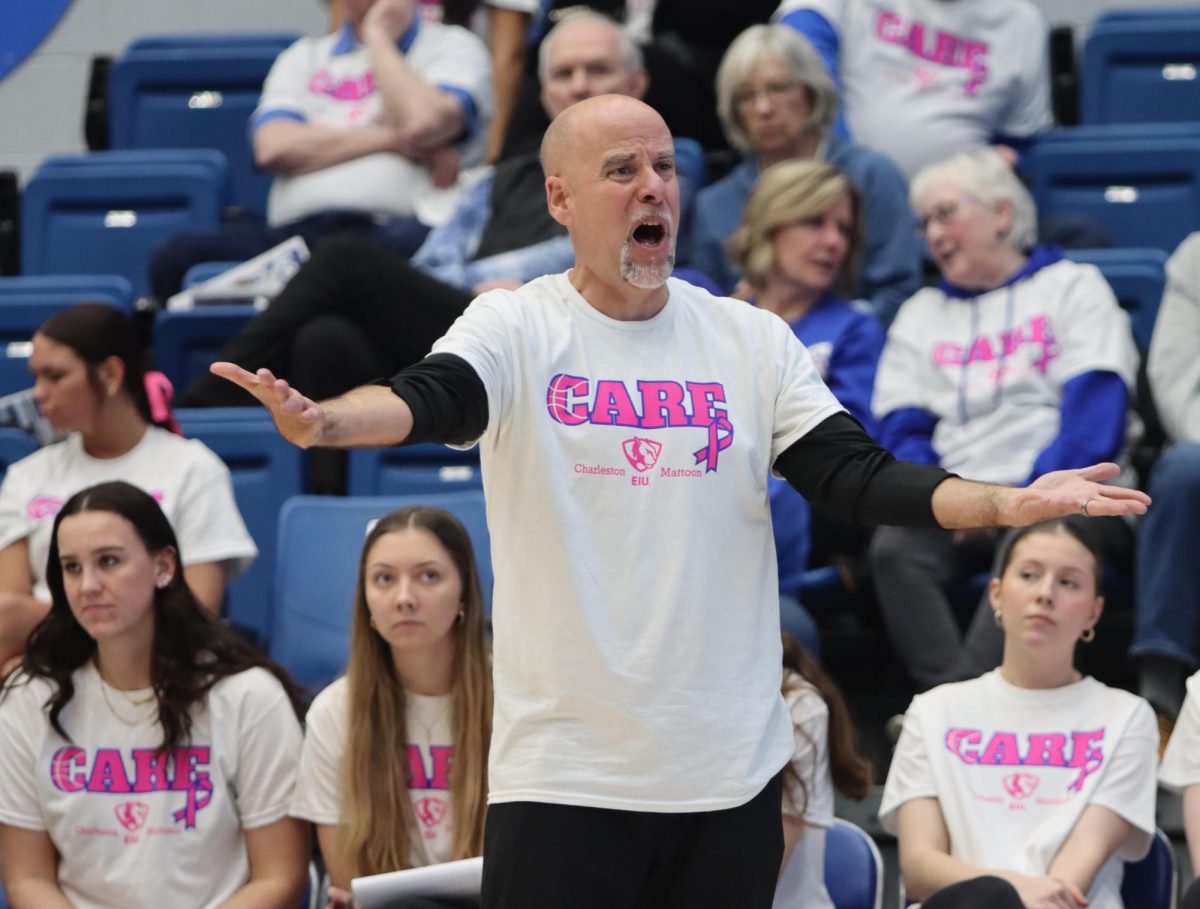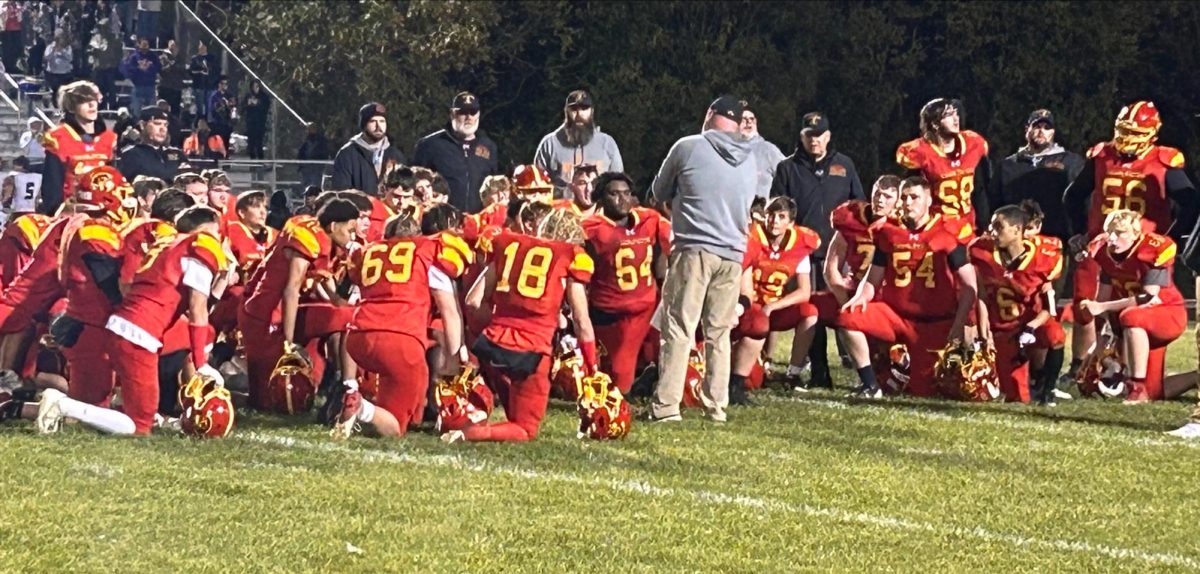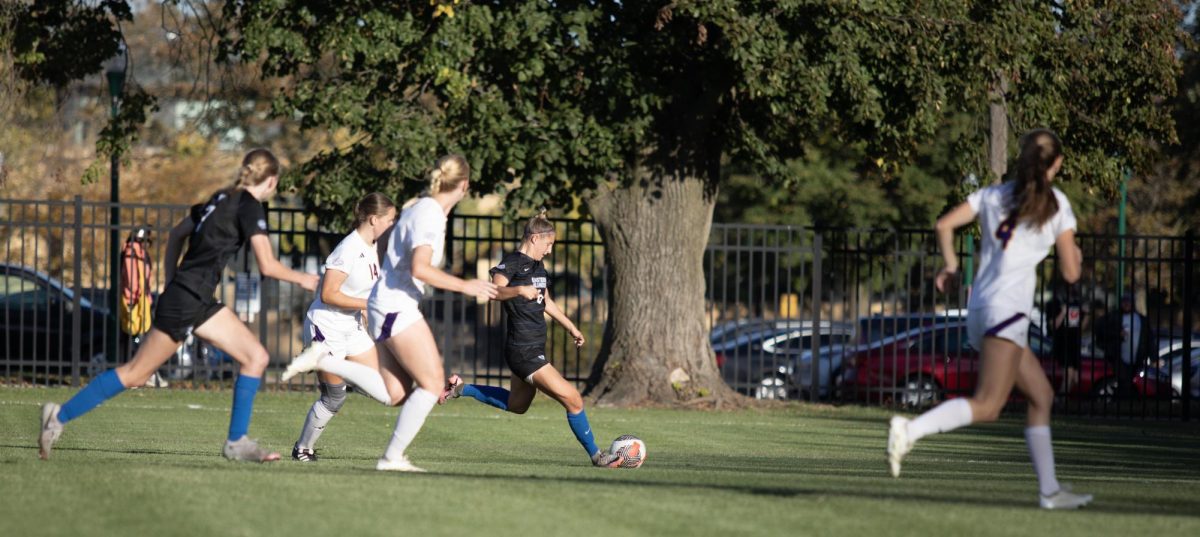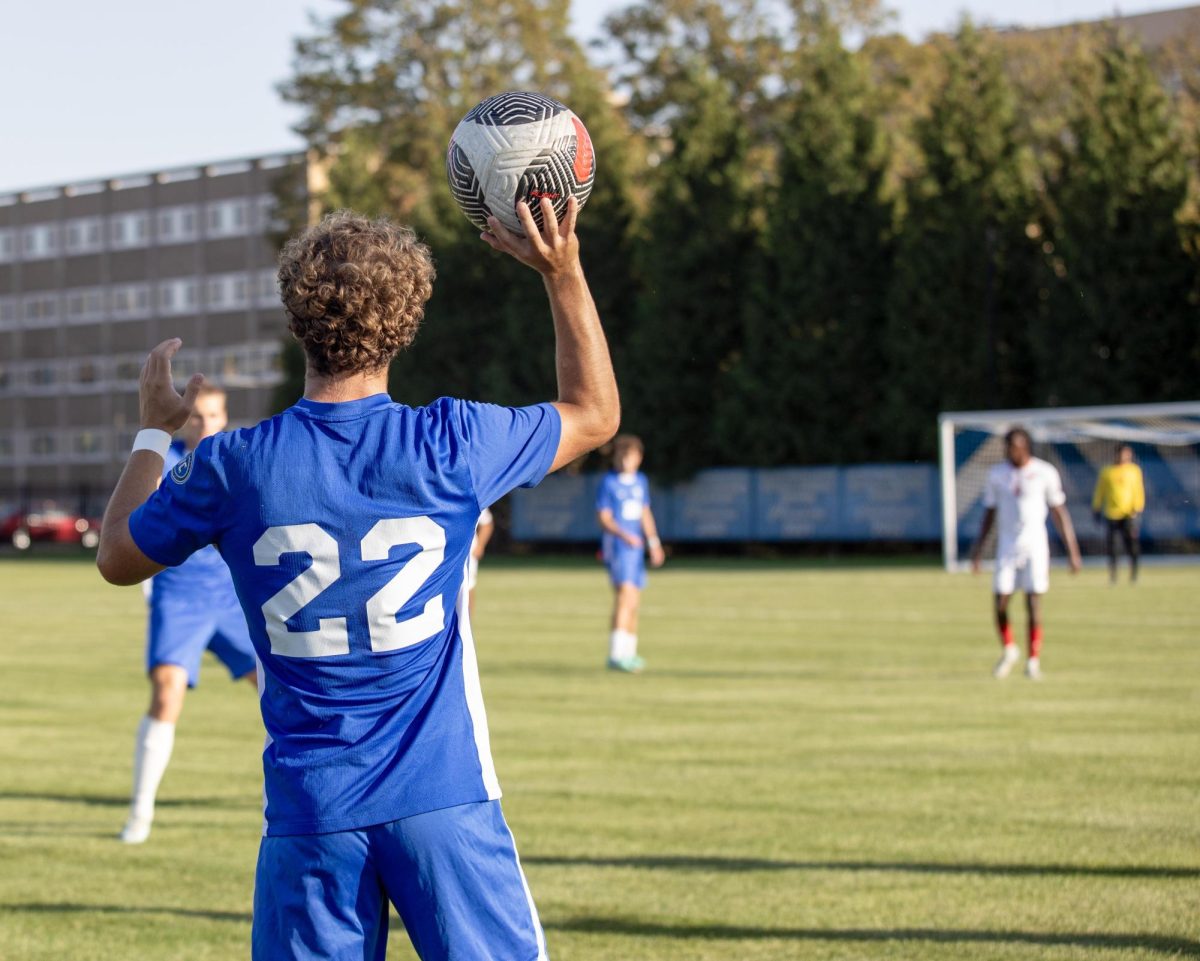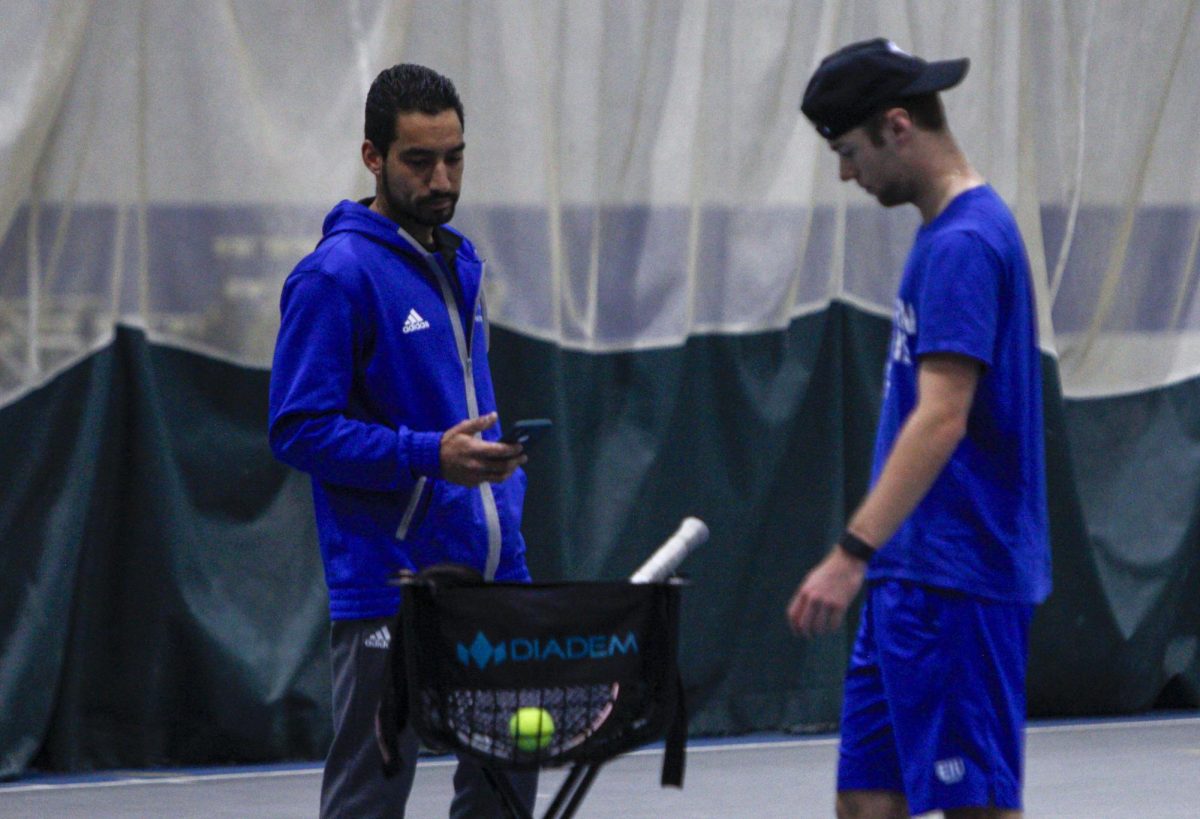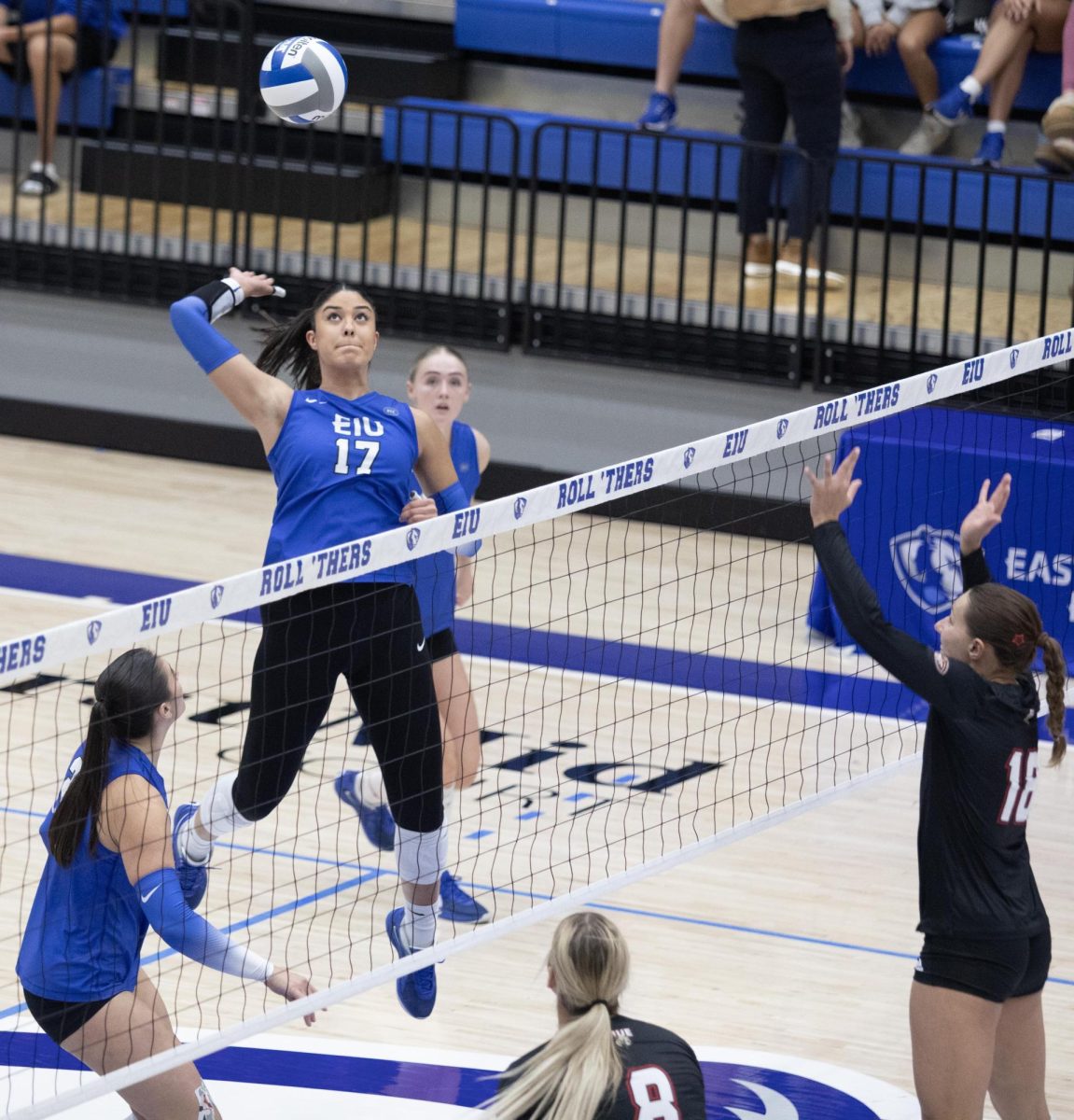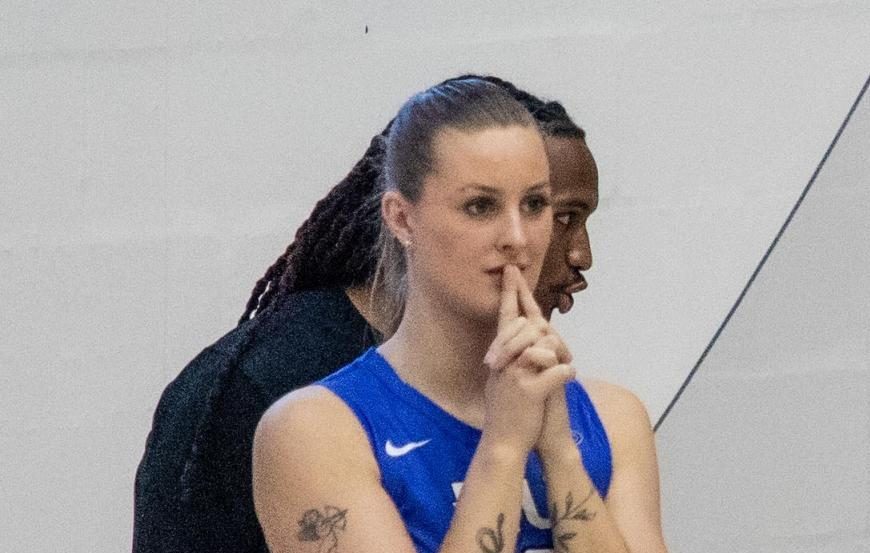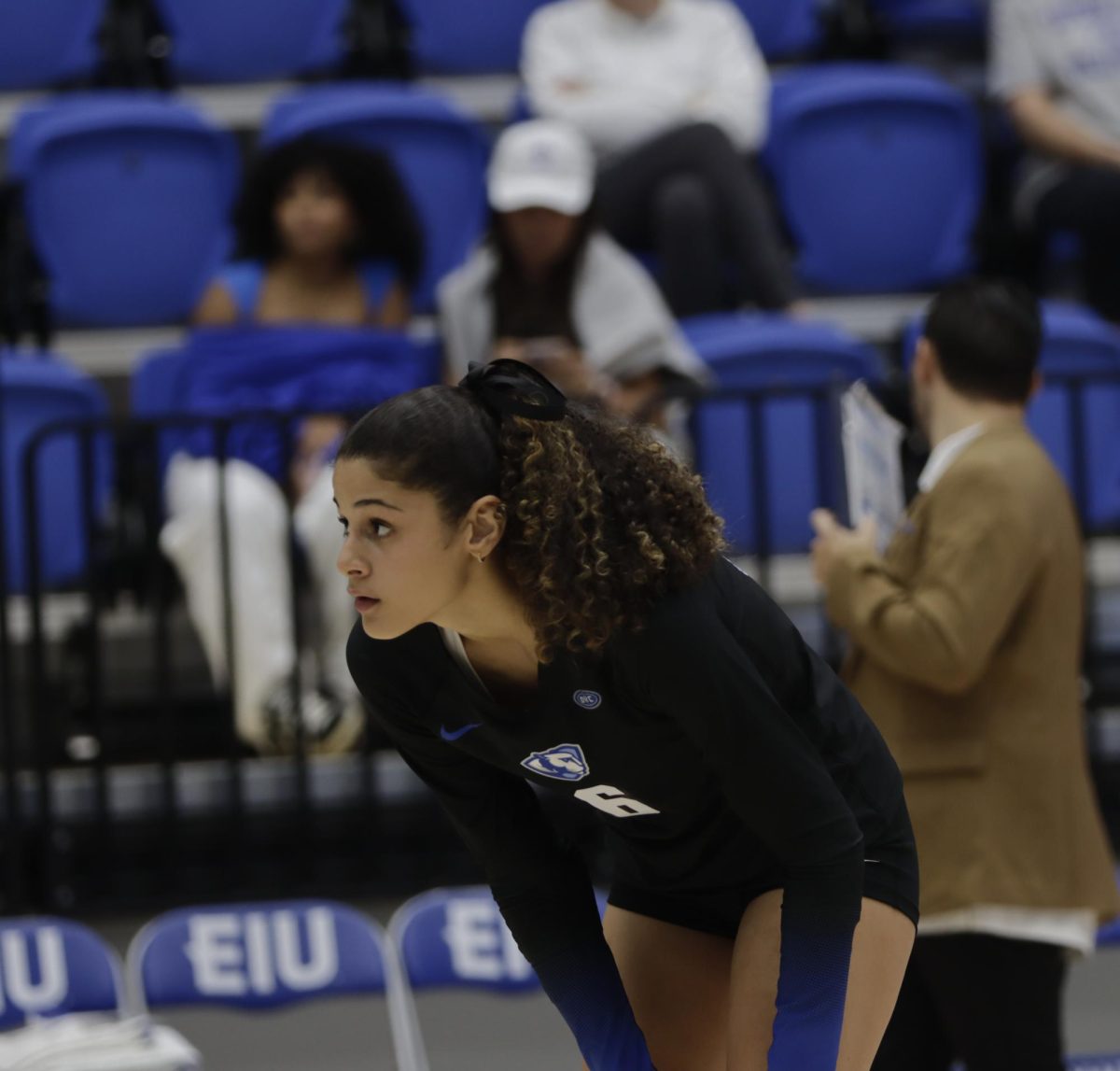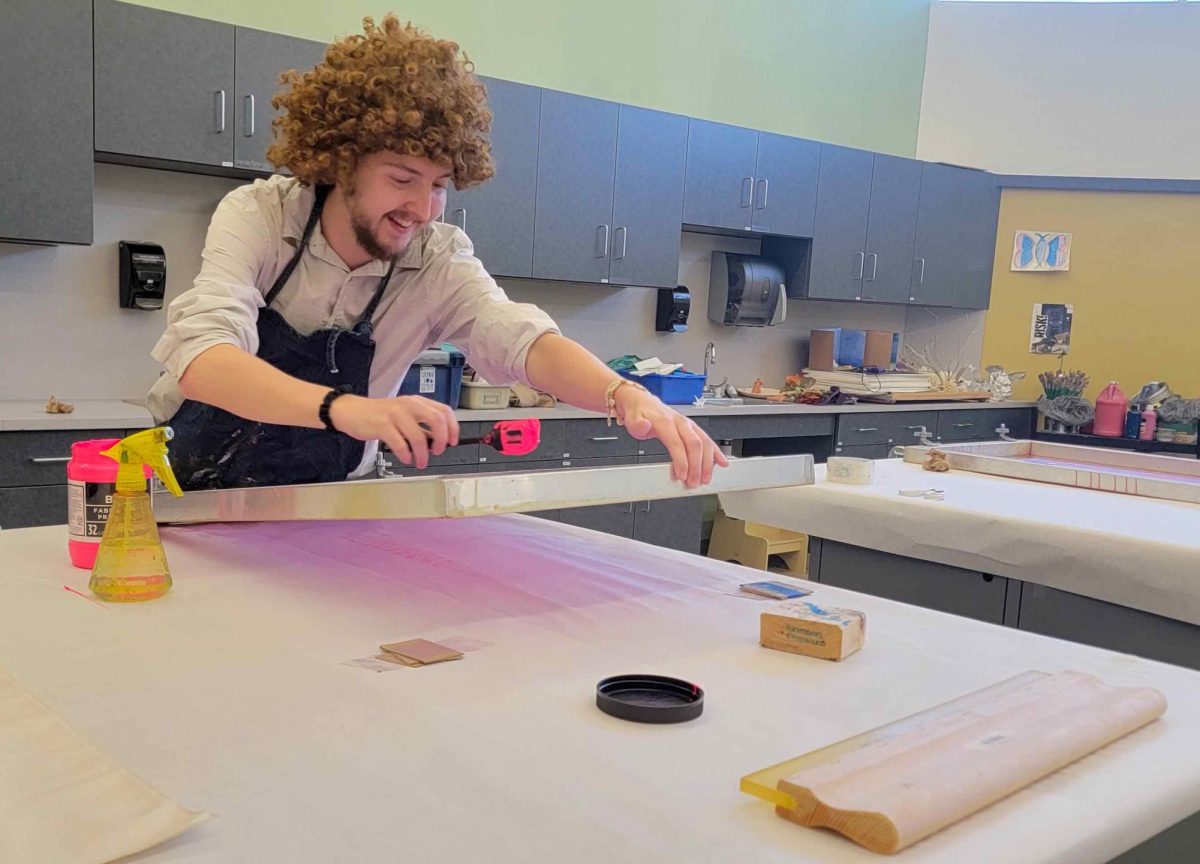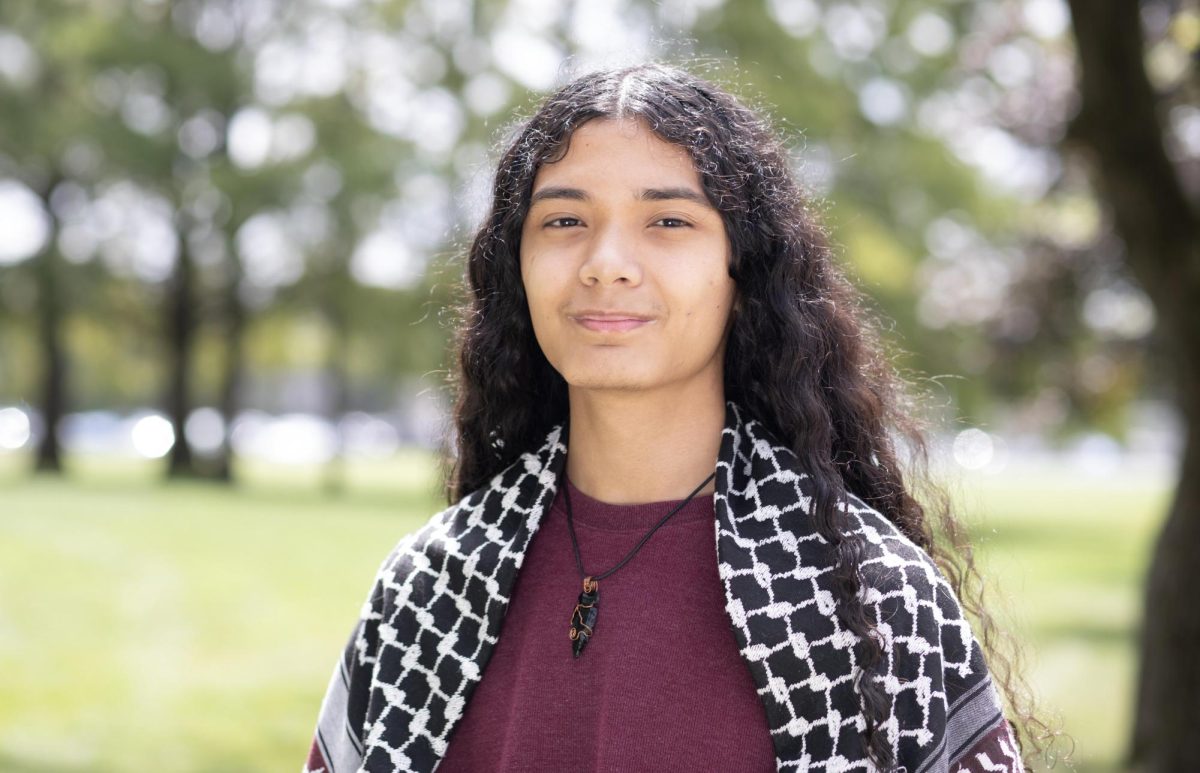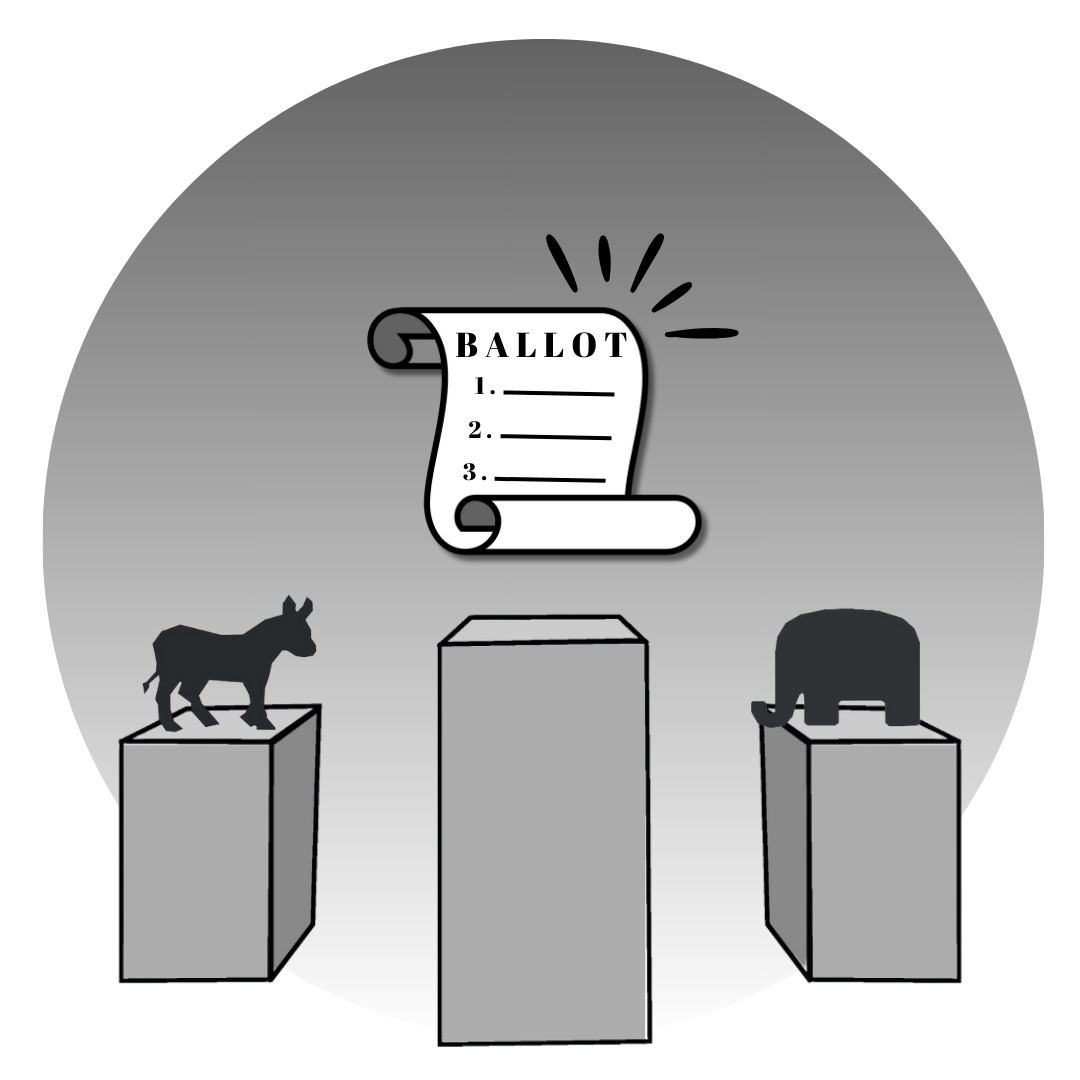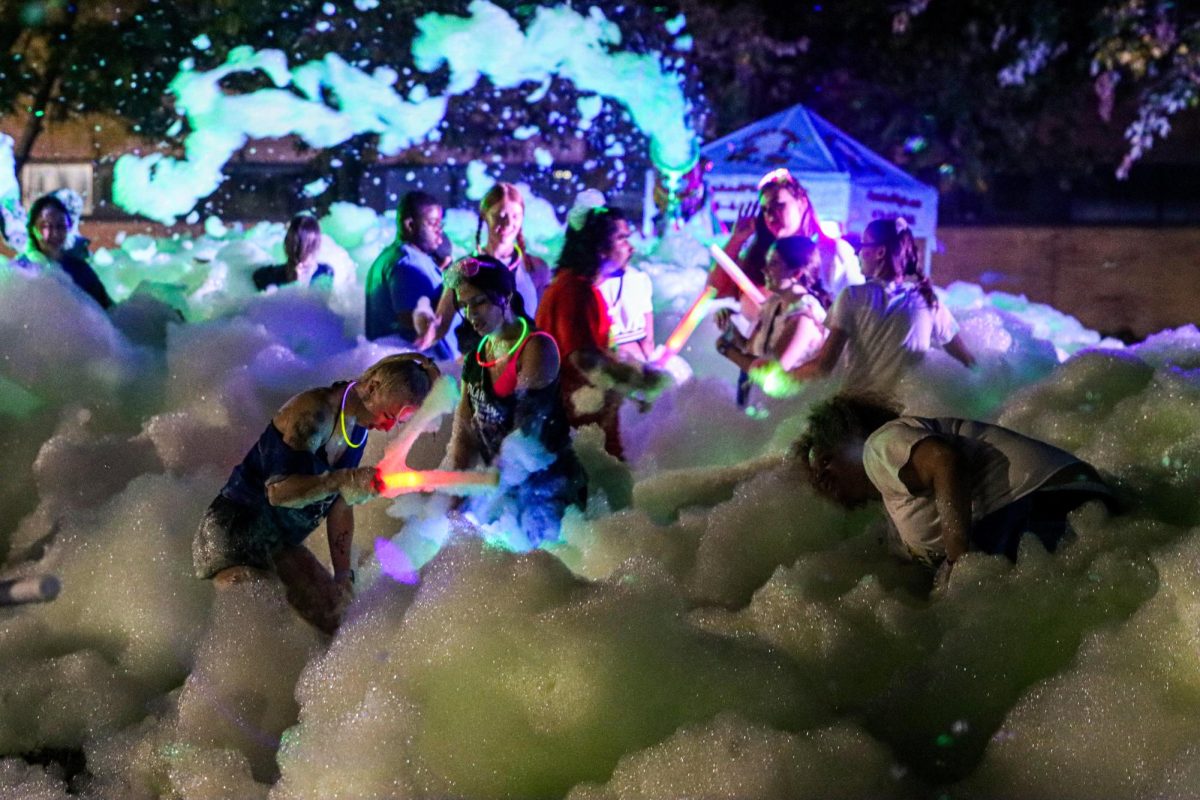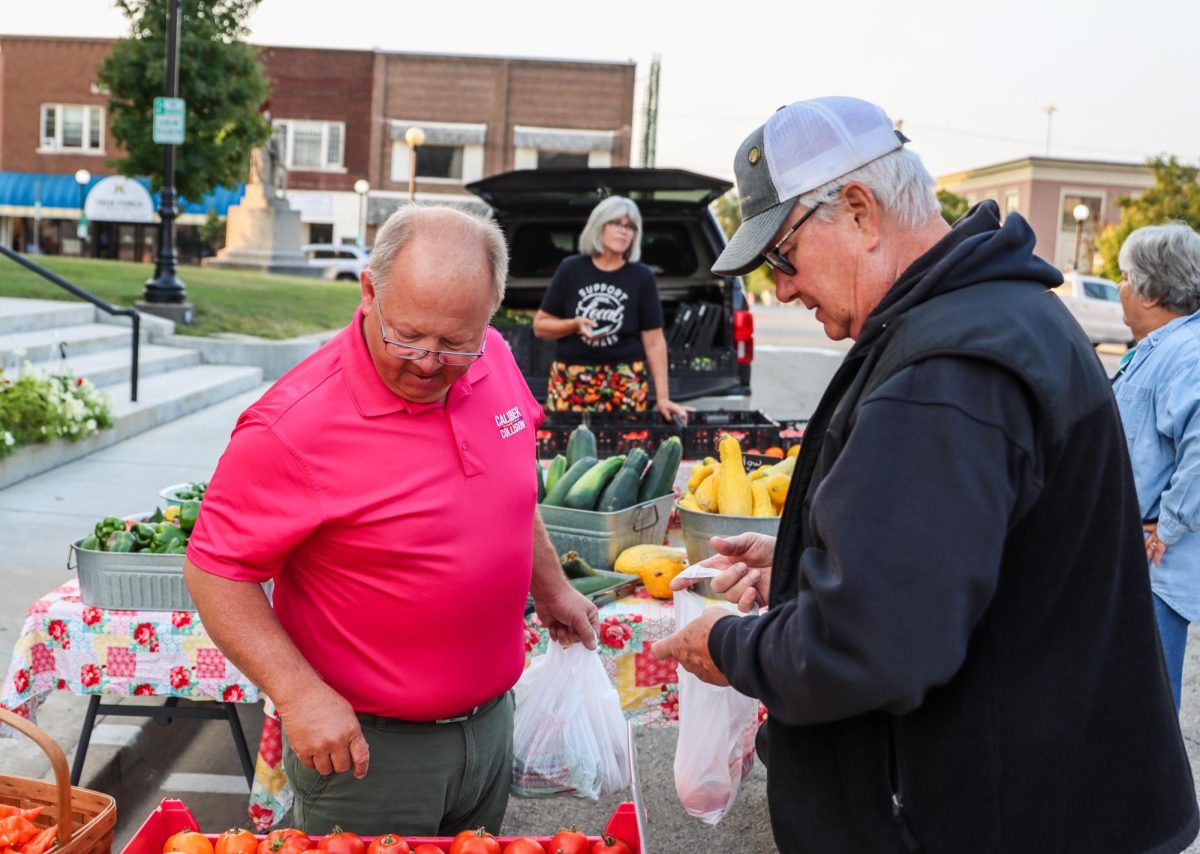Addicts don’t volunteer to be addicts
October 15, 2017
There are two kinds of people in the world- those who fail 100 times and keep trying until they reach their goal, and those who fail twice and decide to give up because they think trying again is too hard.
Last week in my English class, we got on the topic of states having needle exchange programs for addicts so they can have clean needles when they need them.
During this discussion, a few of my family members who have struggled with addictions throughout their lives came to mind.
Most of the students genuinely thought by the states providing clean needles, it would encourage substance abuse and enable people access to their next high.
I understand their thinking, but the majority of those students against the program haven’t been looked in the eye by a loved one struggling with addictions and been told a hopeful promise that they will not relapse again.
Those who can say that don’t understand, and have never experienced what it is like to love an addict.
I have watched some of my closest relatives fail many, many times at staying clean and never give up hope to one day break the addiction. Some of the students in my class believe that addicts voluntarily want to be held victim by the substance their entire lives because they cannot wake up one morning and become clean.
From my experience with my relatives, none of them asked to be addicts and none of them want to be addicts. I remember my cousin telling me he thought he was going to die while using but at the time was unable to stop. Thankfully, my cousin sought out the help he needed and has been clean for quite some time now.
Nobody tries highly addictive drugs with intentions of becoming addicted or relying on it their entire life. Most of the time these addicts genuinely believe it will be a one-time use and fall victim to it.
It is important to realize that while not only falling victim to the substance, these addicts are not only putting the substance at a higher priority than themselves, but also their loved ones.
For the longest time I had the mindset that loving an addict was one of the hardest and heartbreaking things to experience, but my friend Ryan Butler that I grew up with was able to change my mindset.
At the time of this conversation, my Uncle Tony was just getting out of prison and I was torn about getting close to him because I feared he would start using again and leave me hurt or disappointed.
I remember very vividly her telling me that if I thought it was hard to love an addict, to imagine the feeling of being one. Her telling me this hit me like a ton of bricks.
Not only are some addicts unable to seek help or beat their addictions, but they are also alienated by their friends and family and treated as failures.
I genuinely wish the addicts I know that struggle with using had access to clean needles, because at least I would know they weren’t using dirty needles and risking contracting diseases over an addiction they repetitively try to break.
At the end of the debate about letting addicts have access to needles someone in the class said, “There’s just some people that need to be left to sink.”
How do we decide that one human deserves to be helped and not another?
Deciding that these people don’t deserve help is basically kicking them when they are down and expecting them to get back up.
When I look at some of my family members who have struggled with using I see potential.
I see addicts trying to recover as people who have tried 100 times and keep getting back up and fighting.
If you have a friend or a loved one who is struggling with addictions, the best thing you can do is encourage them, let them know they are loved, let them know they have potential and to never give up on winning the fight against their addictions.
Liz Stephens is a junior journalism major. She can reached at 581-2812 or at ejstephens2@eiu.edu.


